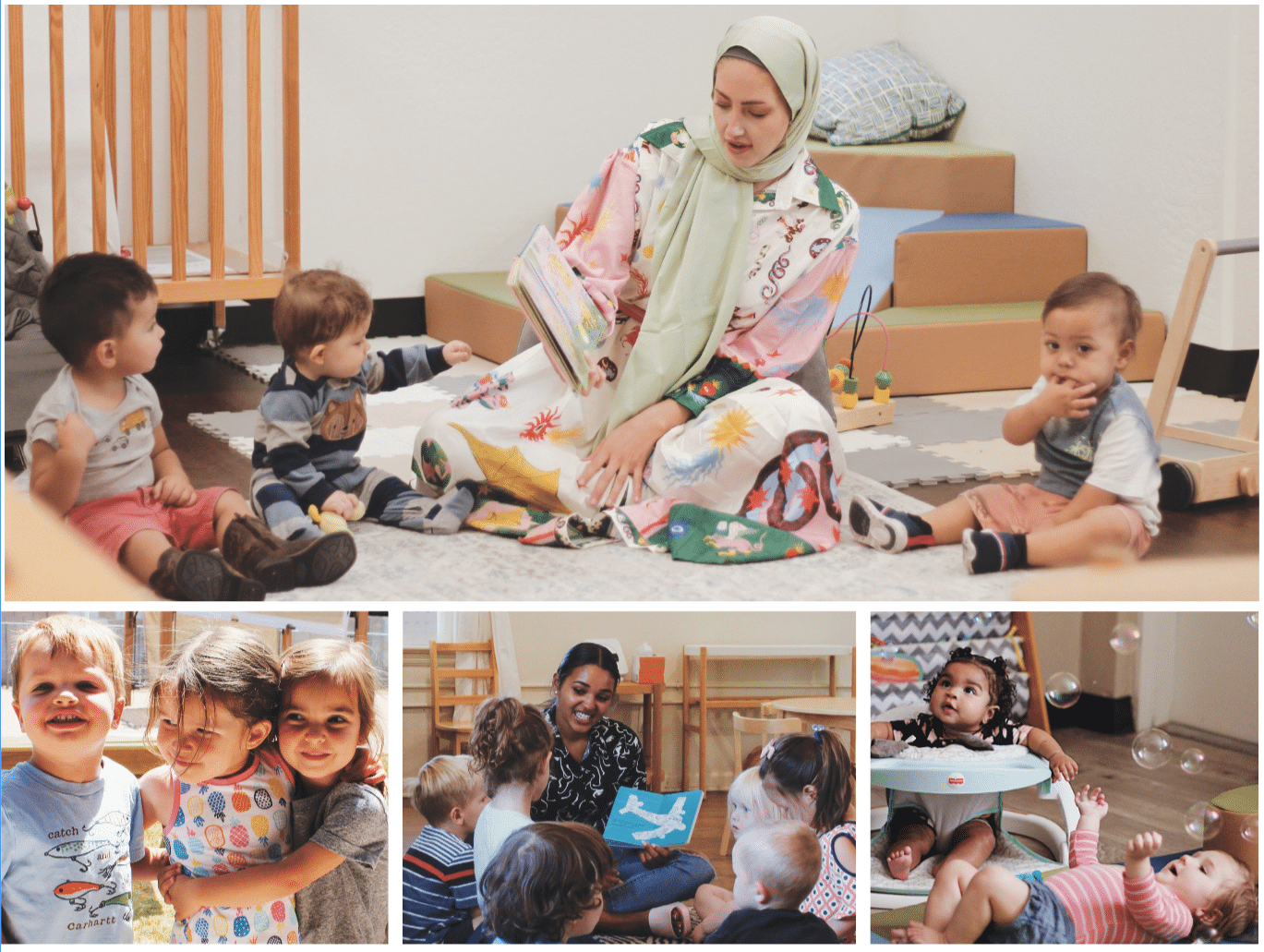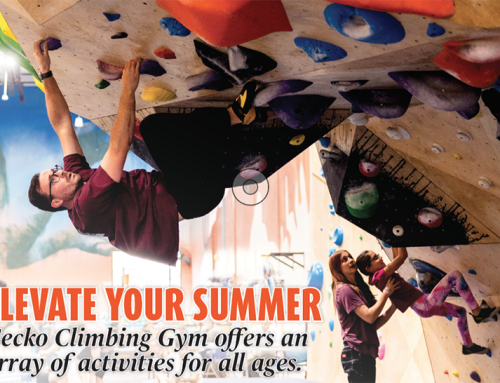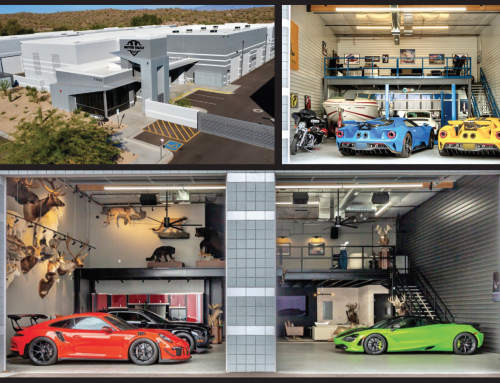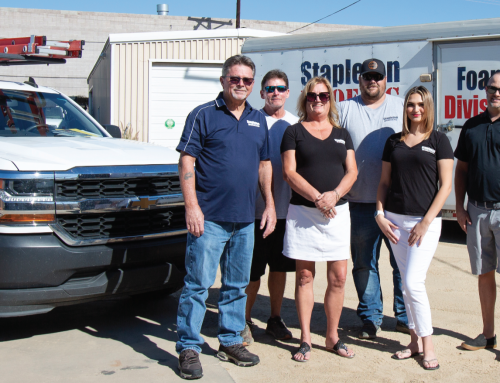By Shay Moser
Photos by Michael Jay Emerson
Karli Roller started teaching in 2013 at a Montessori-like preschool, where there was natural learning and all-natural cleaning products, organic snacks, and more.
“I loved it so much,” says Roller. Naturally, after having her son and daughter, she wanted them to attend a Montessori preschool. And she found one in Cave Creek, where they lived. During the tour in 2016, Roller was offered a teaching role. Since then, she’s opened Montessori preschools to fill the early education gap through the pandemic and post-Covid.
“During the tour of my kids’ school, I mentioned that I used to be a preschool teacher and had my bachelor’s degree,” she explains. She taught there for a few years, and then Covid hit.
Moving Montessori Home
Roller clocked out on a Friday at 4 p.m., and by 6 p.m. that day, an email from the owner let her know it would be closing, and they didn’t know when it would be reopening.
“That was traumatizing, losing my children’s preschool and job in two hours,” she says.
With her kids’ school closed and furloughed from her position, she took over her kids’ education and those from the closed Montessori school.
“Parents of kids from the preschool started to reach out to me saying, ‘Hey, we still have to work, and our child has nowhere to go. Is it OK if we drop them off at your house?’”
Roller had to get creative with space to educate from home, moving all her living room furniture and dining table into the garage. She picked up her work from the closed classroom and opened a preschool in the living room. What began with six kids grew to 12.
“It grew to the point where I didn’t have enough space for all the kids that wanted to come,” says Roller. She opened her first Montessori preschool in Cave Creek.
“I had friends reaching out to me from Arcadia, in Scottsdale, where I used to live, saying, ‘We would love to send our kids to your school, but the drive to Cave Creek isn’t feasible.’”
While the first Cave Creek location has closed, Roller has opened Anthem and Arcadia locations and is building an East Valley location and another in Cave Creek that will open in 2025.
Roller has a master’s degree in early childhood curriculum, development, and design and a doctoral degree in administrative innovation and leadership.
“I always joke and tell people that I love my schools as much as my biological children,” says Roller. “They are like children to me; they’re my passion and life journey.”
Montessori Room’s Roots
Roller also passionately explains Maria Montessori, who, 100 years ago, was the first female physician in Italy. Because she was a woman, they didn’t want to welcome her into the men’s club. As a slight against her, they put Montessori in charge of poor and special needs children. She observed them and, after observation, implemented a teaching theology where she gave them tasks that they could do on their own. And then, she introduced mathematics and language in a physical way they could understand.
Soon, people heard about this school of wonder kids doing complex problems. Kings, queens, and royalty from all over Europe started sending their private tutors to study under Montessori to bring her teaching methods back to the royal children. By 1925, more than 1,000 Montessori schools had opened in the United States. Today, there are 15,763 Montessori schools worldwide.
“Maria Montessori believed that experiential learning led to a deeper understanding of language, mathematics, science, music, social interactions, and more,” she says.
Every material in Montessori Room supports child development, supporting a child’s “sensitive periods” and growing them as unique individuals. Children are given the tools to learn through their experiences and at their pace. They are free to explore the natural curiosities that exist in all humans and build a solid foundation for life-long learning.
“We don’t believe in shaming or isolation tactics,” says Roller. “We’ve taken a lot of training on de-escalation and gentle parenting tactics. When you have a child in a heightened emotional state, tactics like gentle compression, putting a hand on their shoulder, or hugging them, if they’re open to it, will immediately tell their limbic system in the brain that they’re safe and it will start to bring cortisol levels in their brain down.”
Kids aged 3 to 6 all work in the same room so the younger ones can learn from their elders and the older children can develop a sense of leadership and authority.
“Maria Montessori was ahead of her time when she said children learn best from other children,” says Roller.
Montessori Room teachers have credentials from a program accredited by the Montessori Accreditation Council for Teacher Education. Using the traditional AMI approach for children’s education, Montessori Room focuses on mathematics, language and literature, sensorial, practical life, and, most importantly, empathy and care for themselves and others.
“Early childhood education is undervalued, and we need more people to pay closer attention to it.”
Visit montessoriroom.com or call 480-343-1888 to learn more or to enroll your child.
This content is sponsored by Montessori Room.





